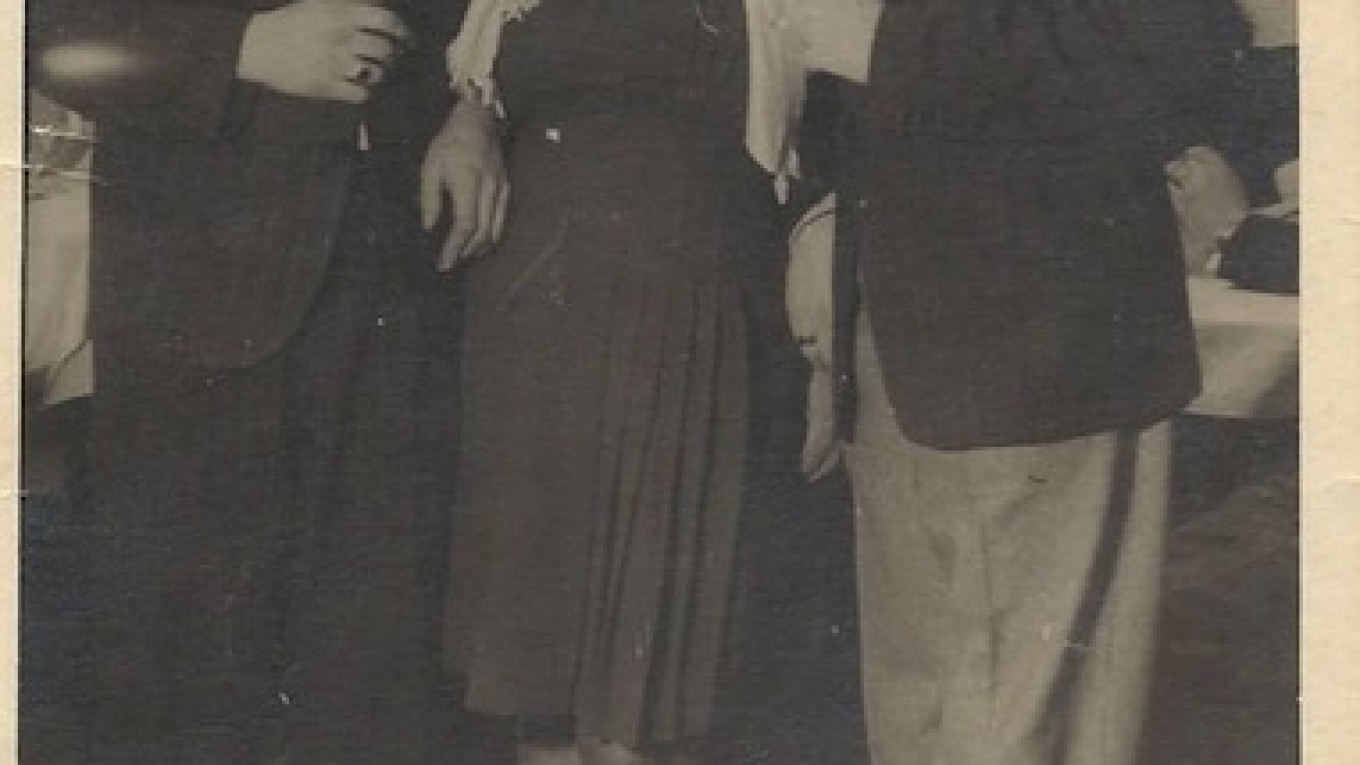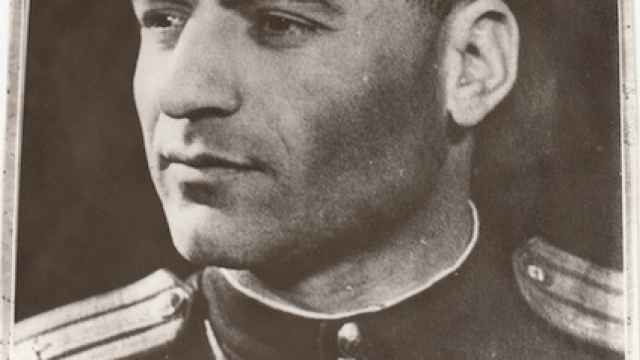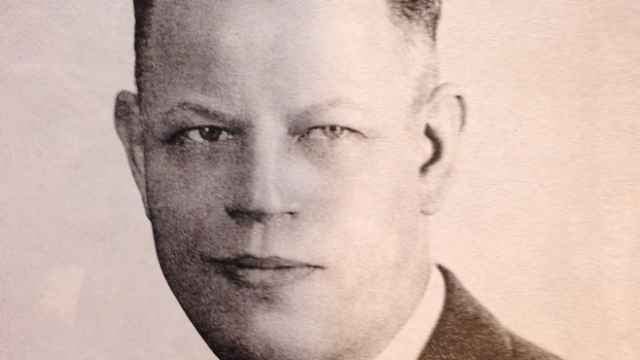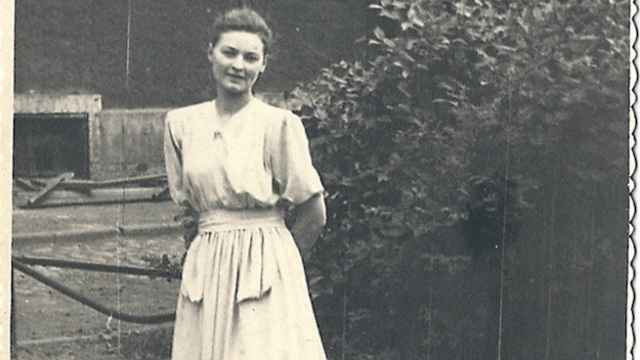In the run-up to Victory Day on May 9, when Russia commemorates 70 years since the Allied victory over Nazi Germany, staff members at The Moscow Times describe the wartime experiences of their own families.
Today, business reporter Matthew Bodner tells the story of his grandparents.
My grandfather, Nathan Bodner, was born with the name Tulek in Krynica, Poland. He was a 19-year old engineering student in Krakow when Nazi Germany invaded in September 1939. As the Wehrmacht spearheaded deep into Polish territory, he returned to the family hotel in Krynica where his father told him and his brother Yulek to run east, away from the German advance.
When the Germans took Krynica, they executed my great-grandparents and seized the property. As my grandfather raced east, he was separated from Yulek and the two wouldn't see each other again until the end of the war. When he made it to the Soviet border, Nathan was sent to a Russian labor camp.
He never talked about the war much, but according to records of his testimony given to the Shoah Foundation, he was sent to the Solikamsk labor camp near Perm in the Ural mountains, where he was interned until June 1941 — when Hitler launched Operation Barbarossa, his massive surprise invasion of the Soviet Union.
Caught completely off-guard and sustaining catastrophic losses in the early weeks of the German offensive, the Russians made Nathan and his fellow prisoners an offer: join the Red Army and fight, or stay in the camp. My grandfather joined up.
We don't know much about my grandfather's wartime service. My uncle said my grandfather destroyed all record of his being a Red Army soldier after emigrating to the U.S. for fear of being sniffed out as a Communist subversive by Joseph McCarthy's Red Scare.
We do know that he gained the rank of sergeant, was trained as a demolitions expert, and was wounded twice in combat — returning to the fight each time.
One story that has been repeatedly told among my family is that Nathan had a knack for blowing up bridges, and at one point thwarted the retreat of a German army by destroying a vital rail bridge, allowing Red Army forces to encircle and annihilate them.
I do not know which unit, or even which army group he served in, but I know that he was present for the liberation of Lvov in the summer of 1944 — an operation conducted by Soviet Marshal Ivan Konev's 1st Ukrainian Front.
These forces liberated my grandmother Marsha, also a Polish Jew, from Lvov's nearby Janoska concentration camp. As the Soviets approached the camp, the guards began executing as many of the prisoners as possible, and my grandmother was shot in the arm and leg before being buried by the falling crowd.
She was discovered to be still alive, and sent to a Soviet field hospital where her arm was amputated without anesthetic.
When the war ended less than a year later, Nathan's unit was still in Eastern Europe and he quickly found himself in Lvov. There, he met Marsha still recovering in the field hospital. As the story goes, a Soviet officer with a bad reputation for abusing women took a liking to her.
My grandfather decided to intervene and act as her protector, fending off the officer's advances for her. With the war over, relieved of his duties, my grandfather took Marsha and went back to Krynica to see if anyone, if anything, was left.
Local Poles threatened to kill them if they did not leave the city, and so together my grandparents headed west to Paris, where his sister had married a member of the French political class and reinvented herself as a Parisian socialite, allegedly at one point even bumping elbows with the likes of Winston Churchill and Charles De Gaulle.
Somewhere between Poland and Paris, my grandparents got married. After a time in France, his sister's political connections proved vital in securing forged documents for emigration to Venezuela. They arrived in Caracas as Italian Catholics named Natalio and Maria. Eventually, they made it to New York, where my father was born.
A Message from The Moscow Times:
Dear readers,
We are facing unprecedented challenges. Russia's Prosecutor General's Office has designated The Moscow Times as an "undesirable" organization, criminalizing our work and putting our staff at risk of prosecution. This follows our earlier unjust labeling as a "foreign agent."
These actions are direct attempts to silence independent journalism in Russia. The authorities claim our work "discredits the decisions of the Russian leadership." We see things differently: we strive to provide accurate, unbiased reporting on Russia.
We, the journalists of The Moscow Times, refuse to be silenced. But to continue our work, we need your help.
Your support, no matter how small, makes a world of difference. If you can, please support us monthly starting from just $2. It's quick to set up, and every contribution makes a significant impact.
By supporting The Moscow Times, you're defending open, independent journalism in the face of repression. Thank you for standing with us.
Remind me later.






